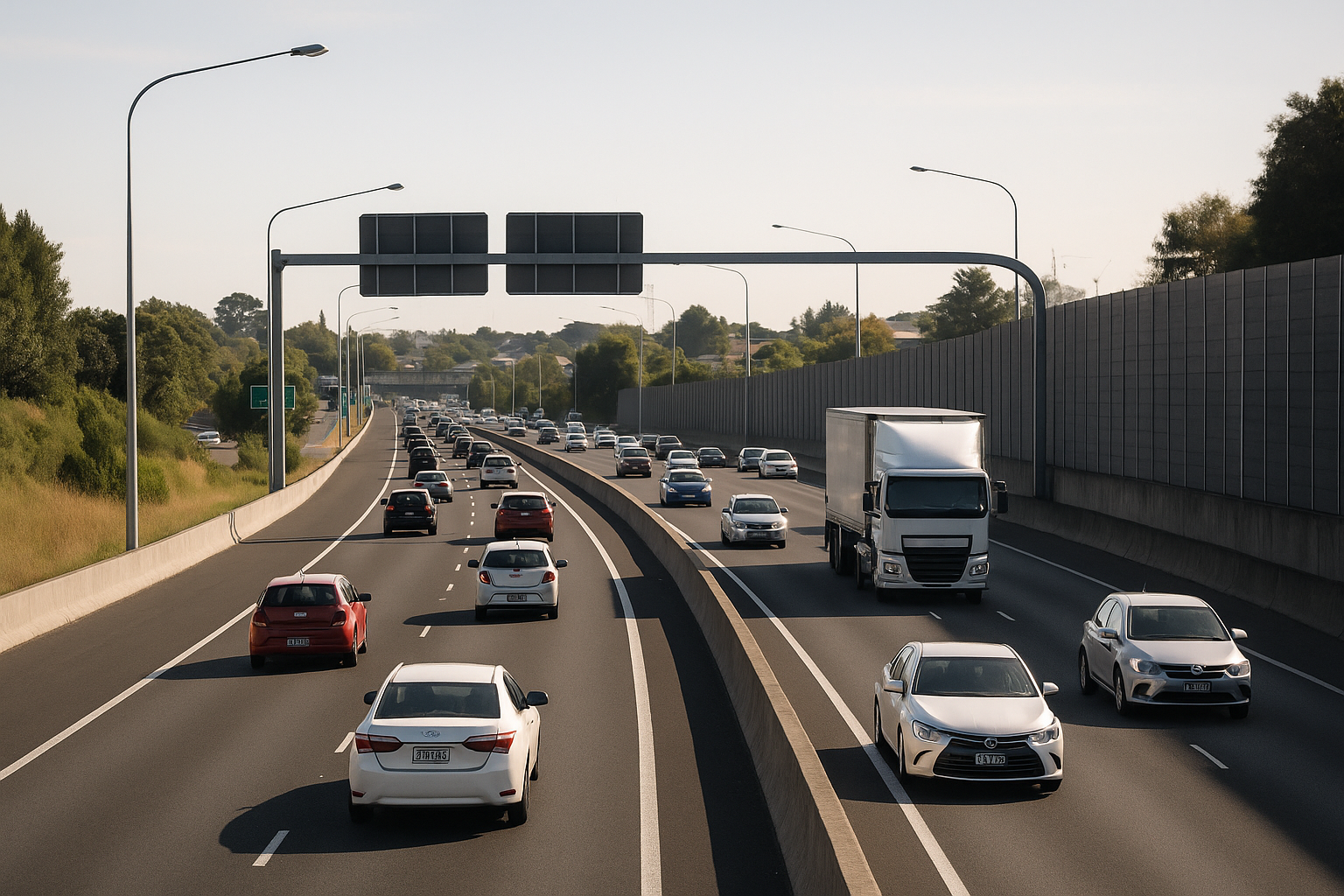Cabinet Approves ₹2,157 Crore 4-Lane Upgrade of Marakkanam–Puducherry Highway
At present, connectivity between Chennai, Puducherry, Viluppuram, and Nagapattinam depends largely on the existing 2-lane NH-332A and nearby State Highways.

- Country:
- India
The Cabinet Committee on Economic Affairs (CCEA) chaired by Prime Minister Narendra Modi has approved the construction of a 4-lane highway between Marakkanam and Puducherry in Tamil Nadu. The 46 km stretch of National Highway 332A (NH-332A) will be developed at a total capital cost of ₹2,157 crore under the Hybrid Annuity Mode (HAM), marking a major step in strengthening regional connectivity and easing congestion in a rapidly developing economic corridor.
Addressing Congestion and Safety Concerns
At present, connectivity between Chennai, Puducherry, Viluppuram, and Nagapattinam depends largely on the existing 2-lane NH-332A and nearby State Highways. These routes face heavy congestion, particularly in densely populated stretches and busy towns along the corridor. The project will upgrade the 46 km section from Marakkanam to Puducherry into a modern 4-lane highway, improving traffic flow, reducing travel time, and enhancing road safety.
Strategic Connectivity and Economic Impact The upgraded alignment will integrate with:
-
Two major National Highways – NH-32 and NH-332
-
Two State Highways – SH-136 and SH-203
This will provide seamless connections to key economic, social, and logistics hubs across Tamil Nadu. The corridor will also enhance multi-modal integration, linking to:
-
Two Railway Stations – Puducherry and Chinnababusamudram
-
Two Airports – Chennai and Puducherry
-
One Minor Port – Cuddalore
This strategic connectivity will facilitate faster movement of goods and passengers, benefiting industries, trade, and tourism in the region.
Tourism and Cultural Linkages
The Marakkanam–Puducherry highway is expected to significantly boost tourism by improving access to Puducherry, a popular destination for its heritage architecture, beaches, and cultural events. The corridor will also strengthen links between major religious centres in Tamil Nadu, further increasing visitor traffic and economic opportunities for local communities.
Employment Generation and Regional Growth
The project is projected to generate approximately 8 lakh person-days of direct employment and 10 lakh person-days of indirect employment during its execution. Beyond the construction phase, the improved highway is expected to open new avenues for industrial development, trade expansion, and urban growth, bringing long-term socio-economic benefits to surrounding districts.
Hybrid Annuity Model for Efficient Delivery
By adopting the Hybrid Annuity Mode, the government aims to balance risk-sharing between the public and private sectors, ensuring timely completion while maintaining cost efficiency. Under HAM, the concessionaire invests a portion of the project cost, with the government making fixed payments during the operation period, thus encouraging private sector participation without compromising on quality standards.
Driving Tamil Nadu’s Development Vision
Once operational, the Marakkanam–Puducherry 4-lane corridor will not only decongest existing routes but also serve as a catalyst for regional economic transformation, aligning with national priorities for infrastructure-led growth. By connecting industrial hubs, logistics centres, tourist attractions, and transport facilities, the project underscores the government’s commitment to building world-class road networks that drive inclusive development.
ALSO READ
New Zealand Unveils Major Electoral Law Reforms Ahead of 2026 Poll
Karman Week 2025: Bridging Borders in Space Innovation
UK-India Vision 2035: Paving the Way for a Stronger Strategic Partnership
Crompton Greaves Achieves Debt-Free Milestone After Rs. 2,125 Crs Repayment
JSW Energy Seals 25-Year Solar Power Deal with BESCOM










